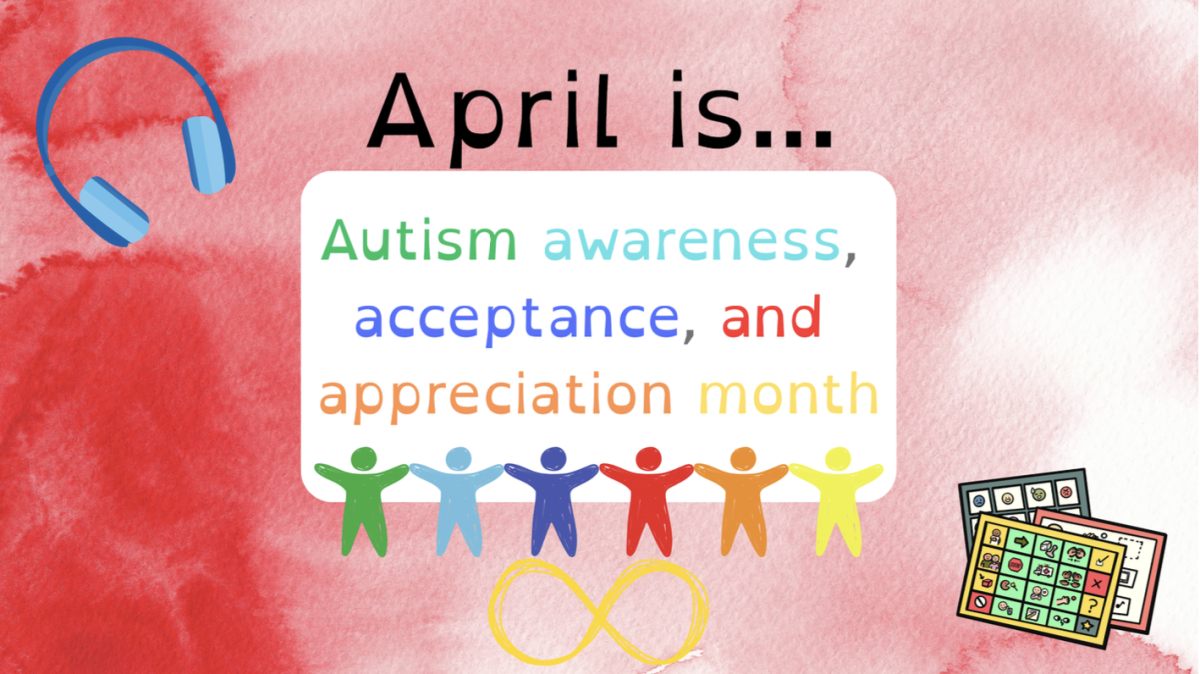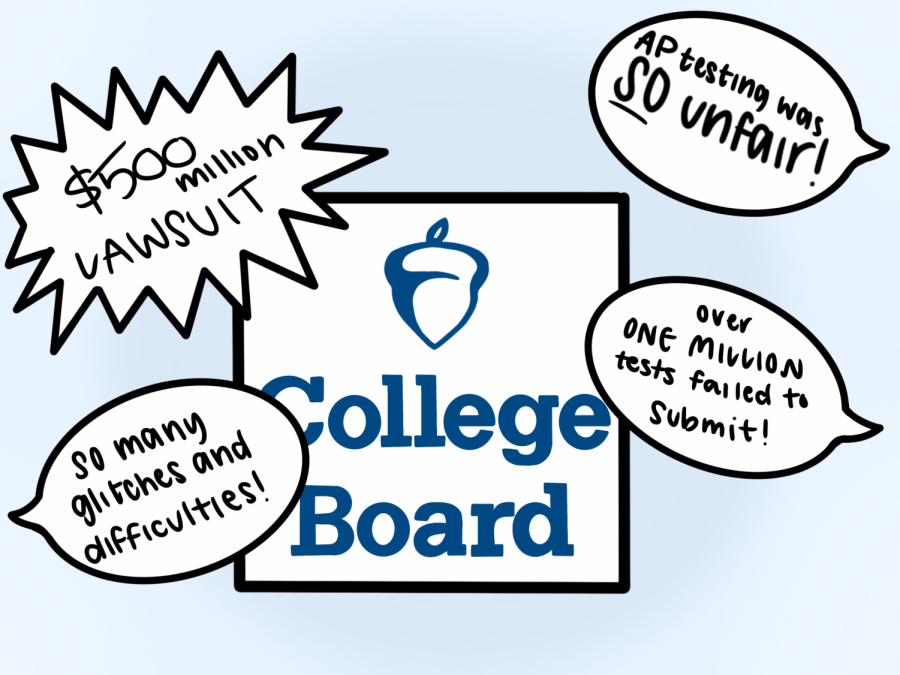The College Board, a significant entity in the educational landscape, has increasingly found itself in the crosshairs of scrutiny in recent years. Founded with the mission of connecting students to higher education opportunities, it has played a central role in shaping the college admissions process. However, as it strives to fulfill this role, the organization faces a multitude of criticisms regarding its practices, particularly concerning the SAT and Advanced Placement (AP) programs. These criticisms illuminate fundamental issues that may undermine the effectiveness of its mission and the diverse needs of students navigating the complex landscape of college admissions.
At the forefront of these criticisms is the SAT, a standardized test that has long been a cornerstone of college admissions. Numerous studies and expert opinions suggest that the SAT and its scoring mechanisms disproportionately favor students from affluent backgrounds. Critics argue that students with financial means often have access to a variety of resources that enhance their test preparedness. High-quality test preparation courses, personalized tutoring, and extensive access to practice materials are often readily available to wealthier students. This access creates a systemic bias where those who can afford these advantages statistically achieve higher scores, leading to a favorable evaluation in the admissions process. Such disparities raise significant questions about the fairness of using standardized tests as a primary measure of a student’s readiness for college. Rather than serving as an equitable assessment tool, many view the SAT as a reflection of socioeconomic privilege, thereby perpetuating existing inequities within the educational system.
The implications of this situation extend beyond college admissions; they resonate throughout a student’s educational journey. For underrepresented and low-income students, the challenges compound, creating a significant barrier on their path to higher education. When admissions decisions hinge on standardized test scores that do not accurately measure a student’s abilities or potential, entire communities can be impacted. This inequity can discourage talented individuals who may not have access to the same resources, leading to a cycle where opportunities are limited based on socioeconomic status rather than merit.
Another critical concern related to the College Board’s operations is the financial burden imposed by its pricing structure. The costs associated with SAT registration, AP exams, and other services can be prohibitively high for many families, particularly those from lower-income backgrounds. As fees accumulate, the challenge of accessing these educational resources can become insurmountable. For instance, the fees for taking multiple AP exams, each costing a significant amount, can quickly add up, placing a substantial financial strain on families already grappling with tight budgets. This situation raises serious ethical concerns: if financial barriers prevent students from taking advantage of advanced placement courses or performing well on standardized tests, how can we justify claiming that these programs serve all students equally?
Moreover, the issue of financial barriers does not merely impact individual students; it reflects a broader systemic problem within the educational landscape. When access to essential resources is limited by economic factors, it reinforces educational inequality and hinders social mobility. Students who cannot afford to participate in these systems effectively find themselves sidelined in the quest for higher education, ultimately affecting their future career prospects and earning potential.
To address these critical issues, the College Board needs to engage in a comprehensive and honest self-assessment. The organization must recognize and acknowledge the legitimate criticisms that have emerged, which are crucial for restoring faith in its mission. Implementing changes that prioritize equity and fairness within its testing and educational offerings should be paramount. This could involve revisiting the design and administration of standardized tests to ensure they reflect students’ potential in a more nuanced way, perhaps by integrating holistic assessment measures that consider a student’s background, effort, and unique circumstances.
Furthermore, re-evaluating the financial structure is vital. The College Board could consider developing scholarships or sliding-scale fees for lower-income families, thus easing the financial load of testing and exam registration. By generating more accessible financial pathways, the organization could demonstrate a genuine commitment to creating equitable opportunities for all students.
In conclusion, while the College Board holds a pivotal position in influencing educational pathway for students across the nation, it must take decisive action to address the legitimate concerns regarding equity and access that have been raised. The organization needs to align its practices with its mission to empower all students, ensuring that factors like socioeconomic status do not dictate educational and professional futures. By steadfastly committing to principles such as equity, transparency, and responsiveness, the College Board can enhance its overall impact and ensure that it adequately supports the diverse needs of the educational community. A proactive approach will not only improve the College Board’s credibility but will also create a more inclusive environment where all students can thrive in their pursuit of higher education.




























